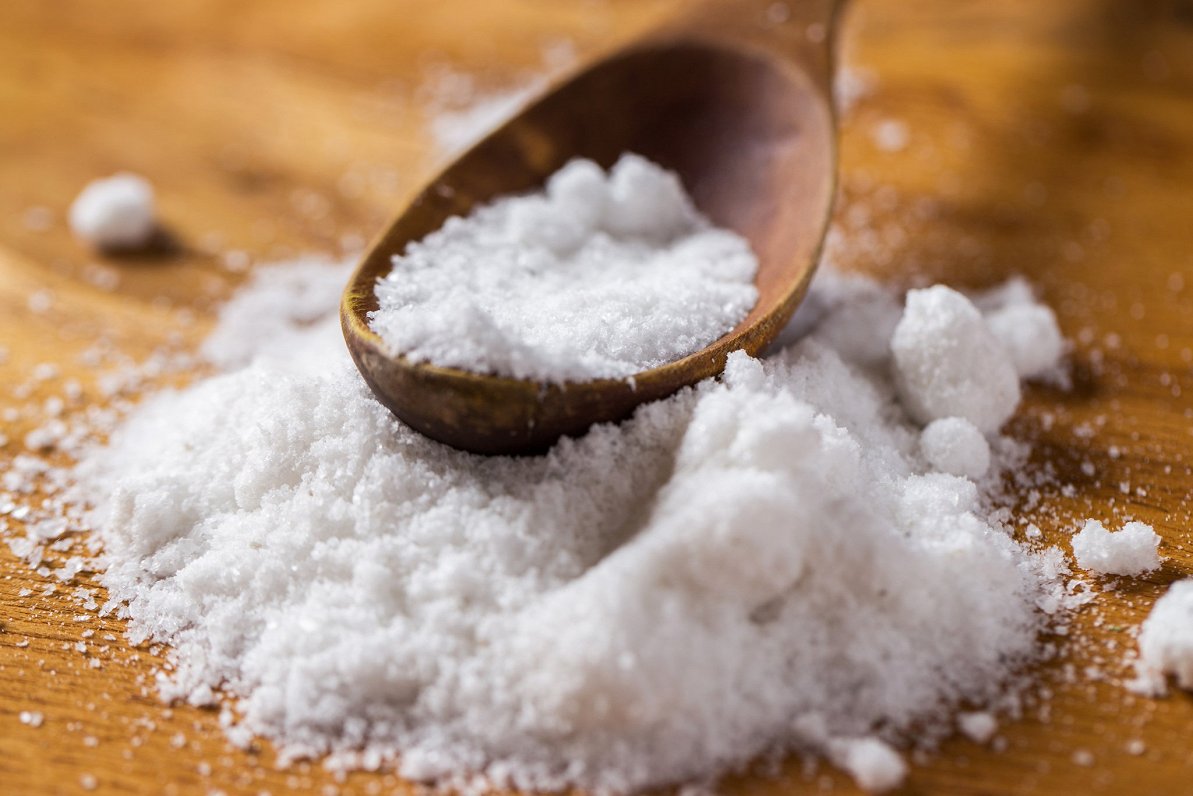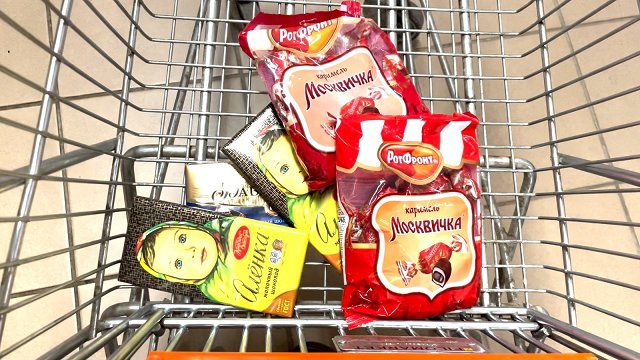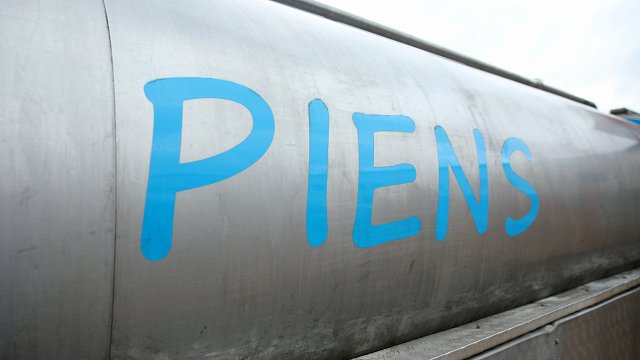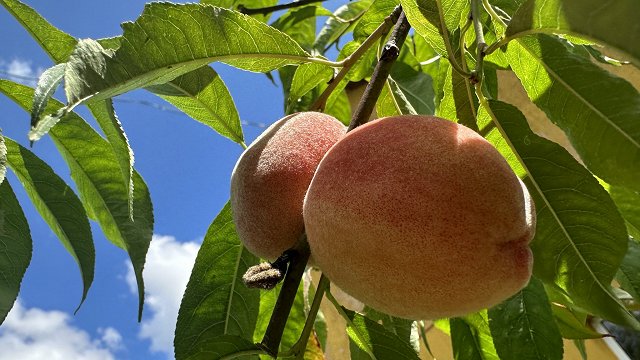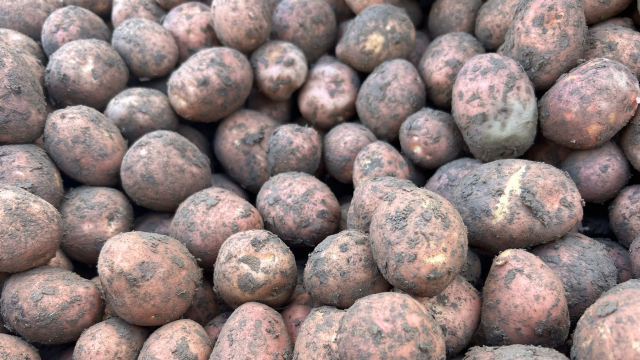According to popular belief in Latvia, if you eat eggs without salt on Easter, you will be bitten by gnats and mosquitoes all summer. True, you should also remember the warning of doctors that you should not use too much salt, because it can harm your health – but then so can gnats. However, a few itchy insect bites are probably preferable to a coronary condition.
Whatever, all this salty talk prompted Latvian Radio to ask what is the current demand for salt, how has its price changed, and – most important of all – what do random residents ambushed in the street think about sodium chloride?
Official statistics show that the price of salt has increased almost tripled in the last three years. In 2021, a kilogram of coarse salt cost 46 cents, but in 2023 it was already one euro and 17 cents.
Have buyers noticed the rise in salt prices? This is what Latvian Radio asked people they ran to ground on the streets of Rīga. Responses from these persons are recorded below. All are anonymous.
"I haven't noticed, I probably spent too little. I guess the price of salt wasn't that high. If it was different, I would have noticed. Easter is still ahead. You asking such a question has piqued my interest."
"I have noticed, but there are many kinds [of salt] and they are different. Everyone has their own preference. The main thing is to have a good time and not to break the eggs."
"No, I don't buy it [salt], my daughter does. You shouldn't eat salt, as little as possible because salt is harmful."
"I've saved up salt from my travels. I have sea salt. I like it very much, so I rub it on and it's good for me. Better salt than mosquitoes."
Inga Ansone, the sales director of the "Latvian salt trading company" admitted that the prices of salt have doubled and even tripled in recent years. Why did it happen?
"All this can be explained by geopolitical conditions. As a result, energy prices rose – for electricity, gas, oil. All these three parameters most directly affect the price of salt. And most importantly, at the moment after the start of the war in 2022, the supply of salt from Ukraine was stopped due to the fact that there is a war going on in the [location of] the factory in the Donetsk region. Consequently, the supply of salt, which was very cheap and had been on our market for 50-60 years, was stopped," Ansone explained.
The situation was also affected by some panic-buying that started after the Russian invasion of Ukraine when many people stocked up salt. Consequently, the Latvian salt trading company had to look for new suppliers. Knowing the conservative consumer and the local preference for coarse salt, which is contrary to other European consumption trends, where fine salt is mainly used, the company managed to find a new cooperation partner from Germany, whose product meets the tastes of Latvian residents. Currently, salt from Lithuanian and Polish suppliers is also widely available on the market.
The prices of salt for European producers were already higher than those of Ukraine, and additional costs were added and the price increased by 100-110%, with increased costs passed on to consumers in stores. However, compared to other countries, salt in Latvia is still cheaper than in Germany, Denmark, Belgium and the Netherlands.
Major retailers indicate that salt prices have stabilized recently. "Maxima Latvija" communications manager Liene Dupate-Ugule emphasized that although changes in salt prices were observed since the beginning of 2022, they have stabilized for more than a year. In the pre-Easter period, the demand for salt has not increased, but similar to previous years, a higher demand for salt can be observed precisely in the summer season, when many people still carry out pickling and other preservative works ahead of winter.
Salt prices also have an impact on the cost of foodstuffs produced using salt as an ingredient, of course.
"Currently, Orkla Latvija cooperates with a salt producer in Austria, who is able to provide the necessary volumes for production. If we look at costs, along with the market changes that happened with the war in Ukraine, salt prices changed, but at the moment we do not observe any significant changes in salt prices that could affect production costs," said Laura Bagātā, representative of Orkla Latvija, the owner of the Spilva food brand.
Is there any hope that salt prices could fall? Inga Ansone doubts that this is likely while Russia's war in Ukraine and other geopolitical disruptions continue.
But perhaps a benefit of the high price of sal might be a reduced intake. International health organisations have issued recommendations to limit salt intake to no more than 5 or 6 grammes per day for adults and even less for children. The European Union has a dedicated salt reduction program which estimates that Latvians consume on average around 7.3 grammes of salt per day – actually one of the lower amounts in the EU.
